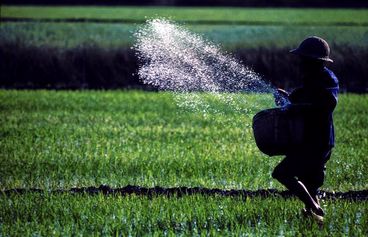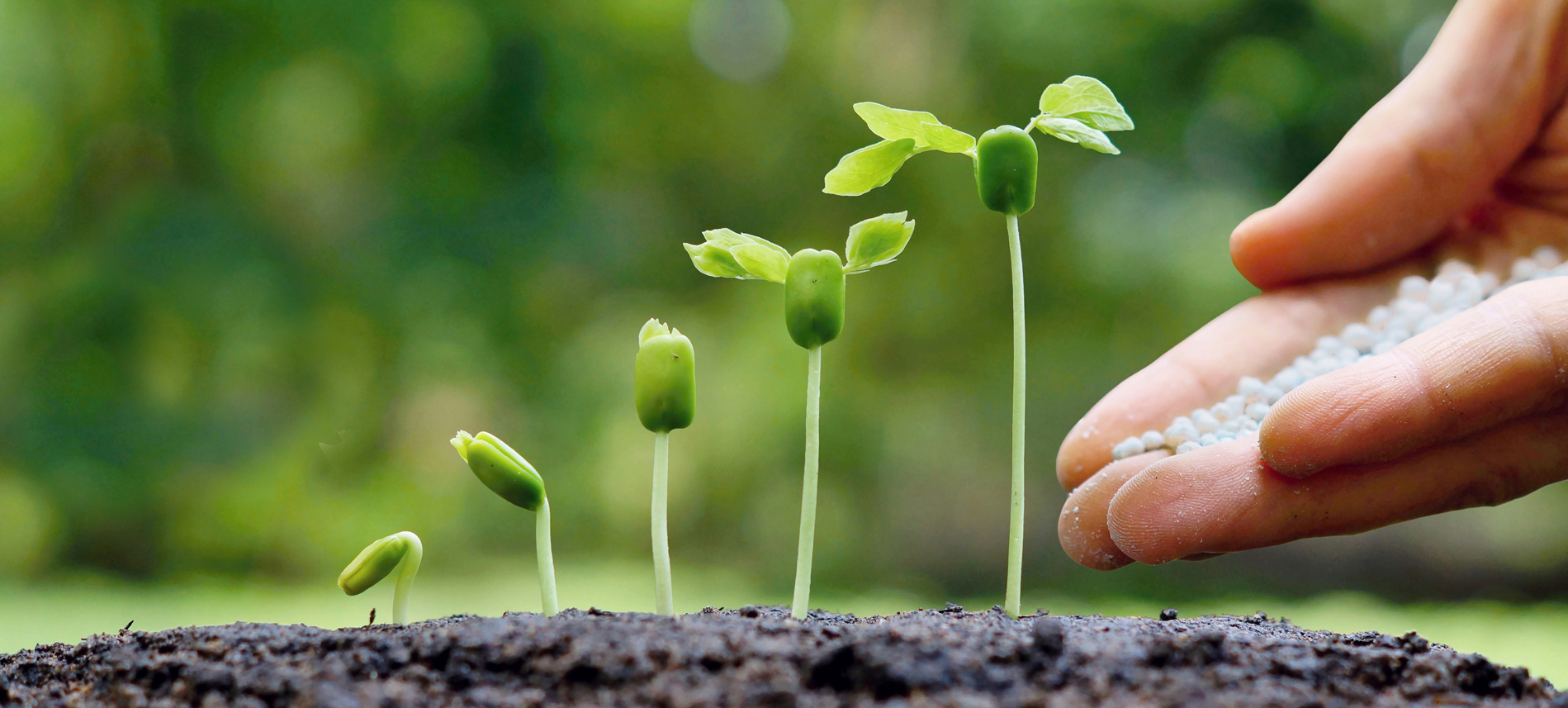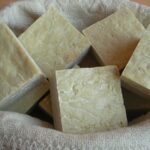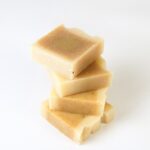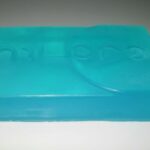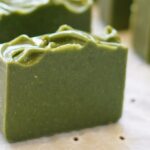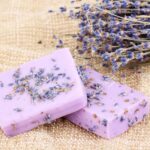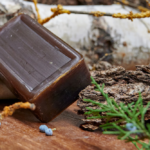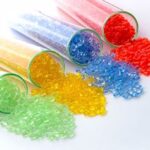You know your plants need enough water and the right light. At the same time, you need to know fertilization to take better care of your plants. Therefore, it is useful to read this short article about fertilizer and fertilization methods.
What is Fertilizer?

However, fertilizer should not be mixed with plant food. Plants produce their own food using light during photosynthesis. Manure, on the other hand, is more like the vitamins you take to improve your health. Every time you water the fertile soil, the minerals are released, so your plant can benefit from all these beneficial minerals. In addition, your plant does not use the excess minerals it receives from the fertilizer.
Benefits of Fertilizer
Fertilizer replaces essential nutrients that your plant’s soil will lose over time. In other words, the use of fertilizers is critical to keep the vital nutrients your plant needs high and protect your plant’s health. However, you do not have to fertilize every plant at the same frequency. You need to use fewer plant nutrients, especially if you have a plant like an orchid that uses peat moss or bark instead of soil. That’s because orchids are epiphytes that grow on another plant and depend on it for support, not food. Therefore, you do not need to fertilize plants such as orchids frequently. In addition, newly planted potted plants that do not like light do not require fertilization.
How to Choose Fertilizer?
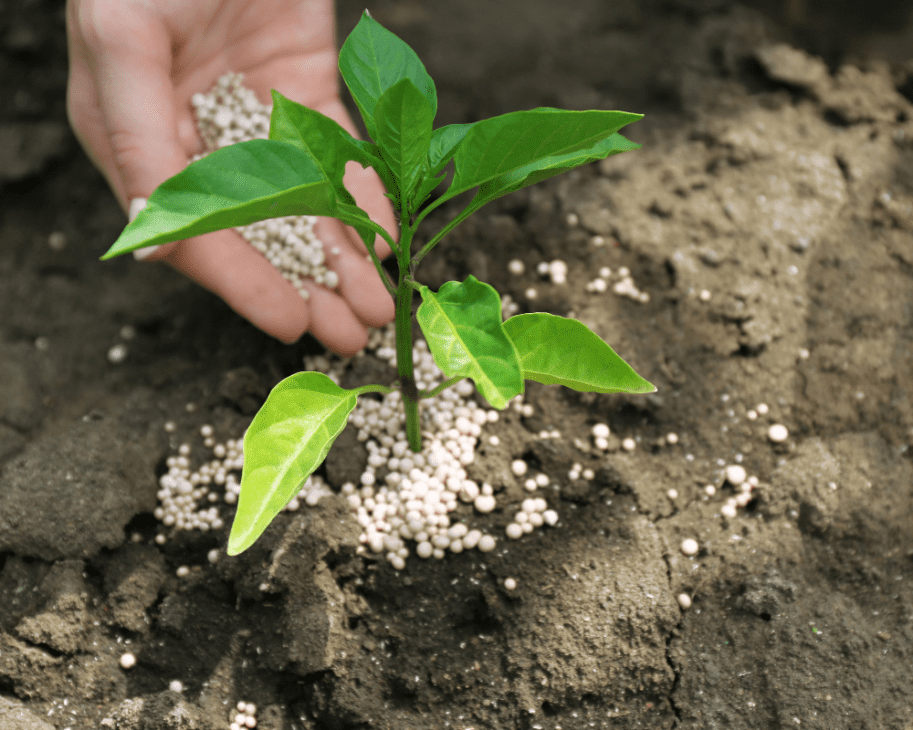
Besides these, your fertilizer may also have micronutrients. Micronutrient fertilizers are called “full fertilizers.” Complete fertilizers may also contain calcium, magnesium, boron, iron, zinc, sulfur, nickel, manganese, copper, and molybdenum. Remember, you can also opt for rich fertilizers as each micronutrient plays an important role in plants’ enzymatic, cellular and developmental processes.
Solid, Liquid, or Organic?
There are different types of fertilizers available. You can choose among many fertilizers from liquid to powder, from time-released pellets to organic. But “Which of the many options should I choose?” We hear you ask. It would help if you chose among the fertilizer types according to the variety of your plants and, of course, your budget.
Liquid fertilizers are ideal for those new to houseplant care.
Liquid and powder fertilizers are the most widely used and most affordable fertilizer types. You can also dilute this type of fertilizer with water according to the needs of your plants and use more. Chemical fertilizers are made from ground minerals formulated with a near-perfect amount of each macro and micronutrient. They are also more concentrated and often more affordable than organic types.
Although liquid and powder fertilizers are common, the most durable fertilizers are time-released pellets. The only problem with this type of fertilizer, which lasts for 3 or 6 months, is that it causes excessive fertilization from time to time.
If you are looking for a lighter fertilizer than pellets, you can also choose organic fertilizers. Organic fertilizers, which consist entirely of natural substances and minerals, can smell a little bad. This is because of the rotting organisms that make up the manure. You can make organic fertilizer yourself or buy it ready-made, but this may cost a little more than other types. The good thing is that it is a chemical-free alternative.
In short, organic and chemical fertilizers do the same thing in different ways: give the plant the nitrate, potassium ion, and phosphate it needs.
